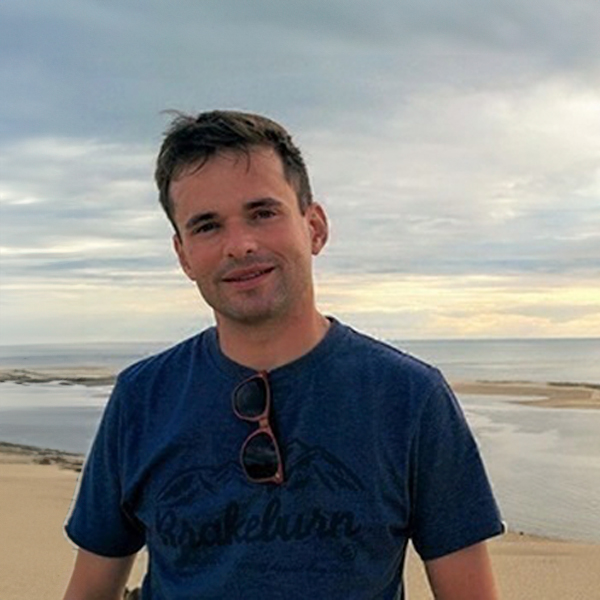
Roman Michalec: A Journey in Research and Software Engineering
Introduction:
Meet Roman Michalec, a Glasgow based robotics software engineer. His career is a testament to research and software engineering excellence. Let’s delve into his dynamic journey, highlighting his expertise and unwavering dedication.
Early Career
Roman defended his PhD in 2011. From 2013-2015 he was a post-doc at the joint research center between Georgia Tech (US) and the National Centre for Scientific Research (FR). His focus was on using sidescan sonars to provide detailed sea floor images, aiding autonomous underwater vehicles in terrain localization. This research was conducted within the framework of a European project on underwater robotics.
Roman Michalec Venturing into Space Robotics:
In the period of 2017-2019, Roman secured a research position at the University of Strathclyde in Glasgow, Scotland. Here, he contributed significantly to the development of a software framework for sensor data fusion in planetary and orbital robotics. The project, commissioned by the European Space Agency, involved extensive software development in C++ and Python, engaging around twenty researchers from six European institutions. Roman played a pivotal role as one of the project’s most active developers, overseeing quality control, documentation, and code maintenance. His efforts ensured the software met the funding agency’s requirements. Furthermore, Roman participated in the experimental validation of the final software stack, collaborating with the German space agency and conducting tests in a Mars analogue site in the Sahara desert.
Between 2019 and 2023, Roman shifted his focus to expand his software engineering skills beyond the realm of robotics. Initially, at the Centre for Ultrasonic Engineering, he worked as a software engineer, enhancing and maintaining existing MATLAB software for visualizing large ultrasound datasets in the context of a UK research project. Subsequently, at the Maritime Safety Research Centre, Roman worked as a software engineer in two significant European research projects dedicated to ship safety. His contributions included designing and implementing a Python-based graphical desktop application to aid naval architects in assessing a ship’s vulnerability to flooding after hull breach. This assessment considered factors such as sinking speed and potential casualties. Additionally, Roman organized a prominent international conference in this field, successfully hosting it remotely during the pandemic, with 300 attendees. He led the team responsible for its execution.
Roman Michalec and his Diverse Skill Set
In conclusion, Romain Michalec’s career journey epitomizes innovation, dedication, and community engagement. Explore how **his unparalleled expertise can** elevate your projects.
